Is Being the Highest Giving ?
Article By Sukesh Motwani
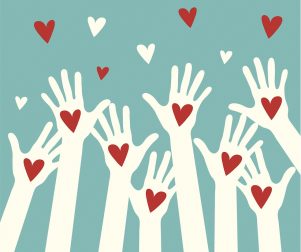
Deeply inspired by great philanthropists in our times, one often struggles with the dilemma of how and what we can do in terms of charity or social service. Generally, such noble intentions first veer towards sending supplies and relief material to victims of natural disasters, accidents or riots. One might also perhaps commit a part of earnings regularly towards charity (as is instituted as part of many religious traditions) or one could offer skills to benefit others, like a few of my friends who teach English to their housemaids’ children. I respect these initiatives immensely, and I too have many times, done my bit for the household or office help, or contributed reading materials and other resources for underprivileged children. I am especially inspired by the many tales of successful corporations who contribute via CSR (Corporate Social Responsibility) activities. But I have often felt disappointment that as a mid-level entrepreneur, I do not have the resources to do more. Whilst discussing this aspiration, a teacher-figure in my life asked me, “What part of you experiences joy after an act of philanthropy? Is that joy more complete because of the number of people benefitted by of you? Is philanthropy only about constantly distributing resources to the needy? Instead, can philanthropy be about offering what you are, rather than what you have?”
I suddenly felt that this entire concept of comparing my acts of kindness with more resourceful and bigger philanthropists, was needless and superficial. I realised after some investigation that Kindness as a virtue and act, is not limited by, nor does it expand with the number of people affected by it. Hence, it has less to do with the quantity of resources distributed or variety of actions committed; instead it is related to the quality of the virtue; its strength and its unconditional uncalculated dissemination. And so it demanded a shift inside oneself.
Also, I was beginning to see that there were two kinds of ‘joy’ anticipated with any act of philanthropy. The joy of unconditional giving, with absolutely no expectations, and another joy that is a sense of ‘feel good’, driven by the ego, which serves as a superficial assurance of self-image because ‘charity appears cool and makes one feel good about oneself and acknowledged by others’.
Serendipitously, I discovered a piece of poetry to help me explore the difference between ‘what I am’ and ‘what I have’.
Clearing, by Martha Postlewaite
Do not try to save
the whole world
or do anything grandiose
Instead, create
a clearing
in the dense forest
of your life
and wait there
patiently,
until the song
that is your life
falls into your own cupped hands
and you recognize and greet it.
Only then will you know
how to give yourself
to this world
so worthy of rescue.
This catalysed within me, a deep investigation of what it means to ‘be’ rather than ‘have’. I realised that over the years of my volunteering activities at New Acropolis, whenever I superficially efforted to help, the lack of heart and love, often tainted my actions, especially when I was overwhelmed with fear, when the assigned task was unsuited or uncomfortable to my personality. When I am able to ‘glimpse’ this tendency, I perceive a distorted sense of my own capacity, and of others in my environment. This emotion of fear, like any aversion, is itself a message for us to look deeper within. It invites us to face the challenge at hand fully, as an opportunity to prioritize what is needed, rather than what one would like to do because of convenience or comfort.
I realized that I am wider and bigger than my fears and aversions; that I am a part of a beehive and that whatever is good for the beehive, is good for the bee. My ability to give, lay beyond the lies of my subjective opinions, fears, and comforts. Pushing beyond this required courage, altruism and confidence and hence, this effort captures the true meaning of volunteering, and in it perhaps lies the essence of philanthropy.
“The greatest gift that you have to give is that of your own self-transformation.” – Lao Tzu
I also ask myself frequently whether I am being able to listen deeply, to appreciate and be truthful in an assertive and just manner, both in the receiving and giving aspects of any social interaction. During the corona lockdown phase, when this piece is being written, all of us are witnessing an overwhelming sense of uncertainty and fear, and I realise how crucial it is to be more considerate and careful about one’s state of mind when both at home and on video calls, as tempers and emotions are frayed and often volatile.
Of course this investigation of my emotional triggers and fragility is a lifelong one, and I can’t claim to have suddenly changed into a serene being overnight. But this investigation is gently allowing me to understand how deeply altruism is connected with mindfulness of one’s own inner state of being.
According to revered Buddhist teacher Kyabgon Phakchok Rinpoche, “The best friend in your life, the best teacher, the best gift you can give yourself or anyone else, is a mind that has the pillar of mindfulness. The mindfulness that knows what it’s thinking, that knows what it’s saying, and knows what it’s doing. The way to accomplish this, is diligent daily practice my friends.”
So my investigation allows me to state with conviction that we may have very little, or lots, in terms of money and gifts to help with, but our true generosity emerges from who we really are, rather than what we have.
If we can dare to exercise these human values then life is no longer just about distributing resources, which is admirable by itself. But there is no limit to offering goodness and exercising a mindful response, especially in times of crisis. This serves as a means to share the best version of ourselves; we can spread hope by actualizing our inner potentials. Is there a greater gift one can give to the world? Perhaps it will express as becoming a better friend, neighbour, co-worker and family member.
The wise Confucius suggested that a human being’s internal harmony is essential for harmony within our community, within our nation and finally between all the nations of the world. I had read this many years back, but suddenly I glimpse the depth and truth that lies in it. To be able to embed and live the values of truth, goodness, beauty and justice in our words, thoughts and actions, practically paves the way for a better society and a better world. This effort may sound lofty, because to fight one’s ego is a tough battle. And yet in these times of crisis, this is perhaps the real need of the hour.
Interestingly, the same solution is offered by contemporary thinkers like Matthieu Ricard and eminent writer Yuval Noah Harari, who agree that all the keys for the survival of the human race, out of the biggest crises, be it the pandemic, the ecological crisis, the potential nuclear flashpoint, or the implications of ‘digital dictatorships’, are only going to emerge from the harmony, global solidarity and cooperation at all levels of humanity. This can only come from the individual keys of love and altruism within the hearts of each one of us.
I have gotten some answers to what my mentor had posed to me. The joy of giving by ‘being’, had everything to do with a higher eternal part within me, and not dependent on the number of people being helped or the volume of resources I had access to.
As the great Albert Einstein concurred, “Every good thought, every good word, every good emotion, and every act of kindness, is lifting the vibration of your being to new heights. And as you begin to raise your vibration, a new life and a new world will reveal itself to you.”
If any images used in this article are in violation of a copyright, please get in touch with [email protected] as soon as possible. Appropriate action will be taken.
Permissions required for the publishing of this article have been obtained
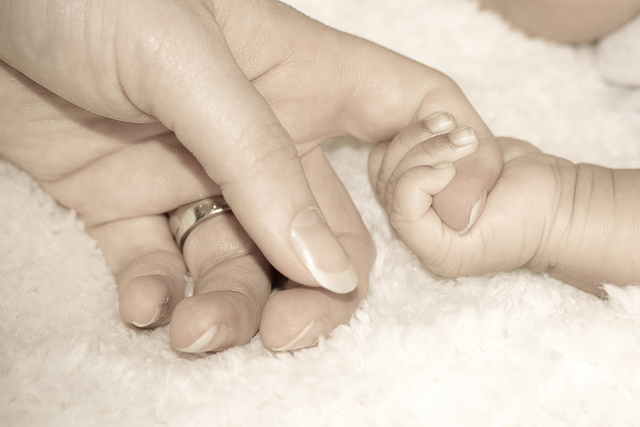
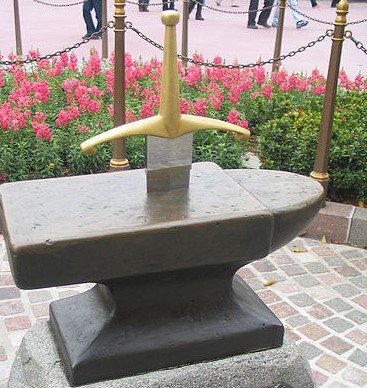
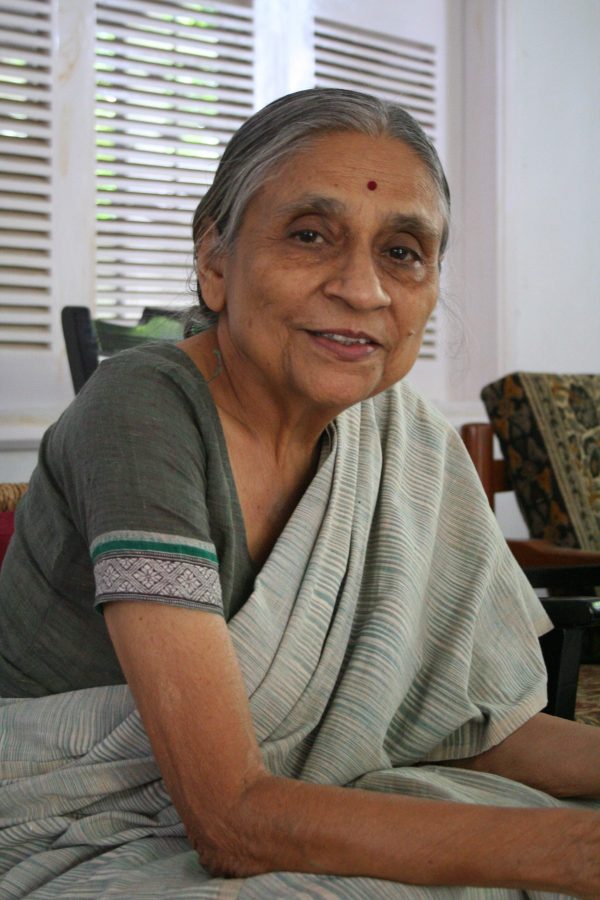
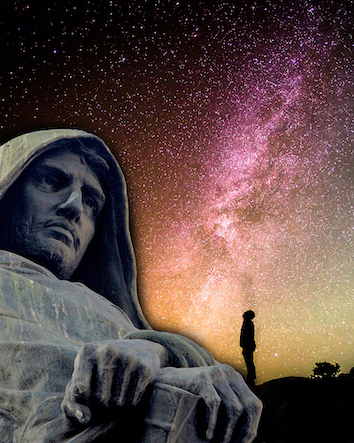
What do you think?